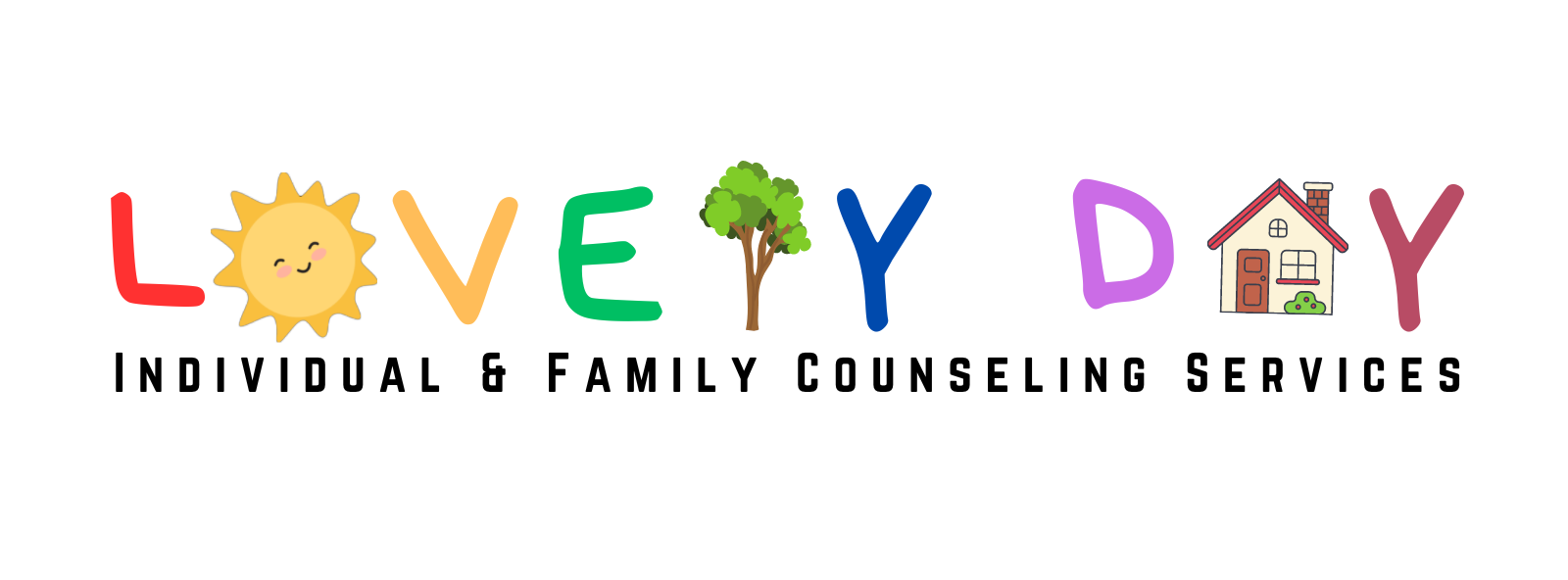
Family therapy has become an indispensable necessity in our modern, rapidly accelerating world. Modern life presents us with unique stressors and challenges ranging from professional obligations to managing personal relationships. Family therapy offers us an opportunity to address these strains on relationships while improving communication between members of the Family Therapist. It also helps create a healthier atmosphere overall.
A professional therapist helps individuals and groups better understand each other, rebuild trust, and forge stronger bonds between individuals and groups. Therapy not only addresses conflicts, it fosters growth and emotional well-being.
In this blog we will discuss why family therapy has become such an indispensable aspect of modern living. Also, how it provides us all a path toward peace and harmony in our complex lives.
The Evolving Needs of Modern Families
Modern families frequently face issues that did not exist or were less prominent in the past. These include work-life imbalance, digital distractions, economic worries and changing societal roles that can add additional layers of pressure. These often lead to communication breakdowns, unresolved tensions or even complete detachment within their household.
Families where both parents work long hours may struggle to find time together. Children may feel neglected while parents may experience guilt or frustration. Extended family involvement, or lack thereof, can further compound difficulties, leaving individuals isolated even though they have support networks available.
Family therapy serves as a lifeline to families experiencing difficulty. Therapists offer objective, nonjudgmental space where families can come together and identify problems before working collaboratively towards solutions. Therapists approach issues from all perspectives while respecting cultural backgrounds, individual personalities and generational differences when providing therapy services.
Benefits of Family Therapy in Modern Life
Improved Communication
Family therapy’s primary objective is improving communication. Most conflicts stem not from specific issues themselves but how we discuss and respond to them. A Family Therapist In Atlanta, GA teaches families how to express feelings openly, listen attentively, and respond constructively. These skills will reduce misunderstandings while building empathy between relationships.
Conflict Resolution
Families often experience disagreements. When these conflicts go unaddressed they can fester into serious damage over time. Therapy provides effective techniques to manage conflicts more constructively. It teaches individuals how to recognize triggers that cause them to escalate arguments. It also encourages families to find solutions collaboratively rather than assign blame for one side versus the other.
Strengthened Emotional Bonds
Family therapy goes beyond solving problems, it builds emotional connections. By encouraging understanding and healing old wounds, therapy helps individuals rebuild trust. For instance, siblings involved in ongoing disputes or estranged relatives can often reconnect through guided sessions.
Support Through Major Transitions
Families may experience strain during significant life changes such as divorce, remarriage or the arrival of a newborn child. Therapy provides essential support during these transitions by helping adapt to new dynamics within families.
Trauma Healing
Traumatic events, like losing a loved one, financial strain or health concerns, can be life-altering for families. Family therapy offers individuals ways of processing their pain while providing strategies for coping and rediscovering stability in difficult times.
Who Can Benefit from Family Therapy?
Family therapy can be useful not just in times of crisis but for anyone aiming to establish an enjoyable family dynamic. Here are a few examples of those who might benefit:
- Blended Families adapting to new roles and identities within their household
- Couples struggling with communication or experiencing parenting challenges.
- Families of Adolescents experiencing behavioral issues, academic stress or mental health concerns.
- Extended Families facing conflicts over caregiving responsibilities or intergenerational issues.
The Role of a Family Therapist
Family therapists serve as guides, mediators, and educators. They are trained to assist families in uncovering root issues and appreciating different viewpoints. They also teach families how to form healthier patterns of communication and behavior through skilled facilitation.
For instance, when families struggle with one member having mental health issues, therapy helps others understand how that person feels. They also offer tools and strategies to create an inclusive supportive environment. The aim isn’t just one individual but to explore family dynamics and the effect they have on all involved parties.
Therapists commonly utilize techniques such as role-playing, genograms (charts that trace family histories), cognitive-behavioral interventions. Each session is tailored specifically for each family’s unique needs and goals.
Why Family Therapy is Crucial in the Digital Age
Technology has revolutionized how families communicate. While digital tools may help bring Family Therapist In Atlanta, GA members closer together, too much screen time may lead to decreased human connection.
Children and teens can become overly immersed in social media, leading to feelings of inadequacy or cyberbullying. Meanwhile, parents struggle to enforce boundaries around technology usage. Family therapy addresses these concerns by helping families strike a digital equilibrium so they can spend quality time together without distraction.
Digital age challenges present new hurdles for parents, such as managing their children’s online activities or navigating virtual workspaces. Therapy promotes open dialogue on these matters between generations to promote greater understanding between generations.
How Family Therapy Supports Mental Health
Family dynamics and mental health have an inextricable link. A dysfunctional family environment can heighten anxiety, depression and other forms of mental illness. Family therapy fills this void by emphasizing support networks surrounding an individual.
If one child is diagnosed with anxiety, their parents and siblings may feel overwhelmed and be unaware of how best to approach managing it. Therapy provides education on managing these challenges effectively for everyone involved and ensures an environment conducive to healing.
Therapists frequently offer tools for stress management, emphasizing emotional self-awareness and collective resilience as key elements.
Encouraging Growth and Long-term Change
Family therapy isn’t a quick fix. Rather, it’s an ongoing process that fosters long-term positive changes within families. By teaching members to handle conflicts and adapt, therapy fosters long-term positive changes. It equips members with problem-solving skills, develops emotional intelligence and creates stronger support networks.
Families that invest in therapy typically find more lasting advantages. By learning healthier ways of living and relating, therapy sessions often lead to significant transformation within a household and beyond.
How to Get Started with Family Therapy
Starting family therapy requires commitment and openness from all involved. Finding a licensed therapist with relevant experience is essential. Scheduling an initial consultation allows families to discuss concerns and set goals for the process.
Sessions typically last 60-90 minutes and occur weekly or biweekly. Some families see results after only a few sessions, while others need ongoing assistance. Open communication and active participation are keys to a successful experience.
Financial concerns shouldn’t stop anyone from seeking help. Many therapists offer sliding scale fees or accept insurance. Researching available local options will enable families to find more cost-effective services.
Finding the Right Family Therapy Center Near You
Selecting an experienced therapy provider is key to creating a satisfying and positive therapy experience. Look for professionals with expertise in family dynamics as well as credentials in marriage and family therapy (MFT) or counseling.
Ask about their approach to treatment, and ensure it fits with the values and needs of your family. Reading reviews for recommendations could also prove useful.
Lastly, trust and rapport between families and therapists are also vital.
FAQs
How many sessions typically do family therapy require?
The number of sessions will depend on your family’s unique issues and goals. Some families make progress in 6-10 sessions while more complex situations might need ongoing therapy sessions.
What issues can family therapy address?
Family therapy can provide help for many issues that plague families, including communication difficulties, parenting challenges, transitions such as marriage or divorce, grief, traumas and mental health concerns.
Will insurance cover the costs associated with family therapy?
Many health plans provide coverage for family therapy services provided, subject to your therapist’s credentials and type of service being offered.
